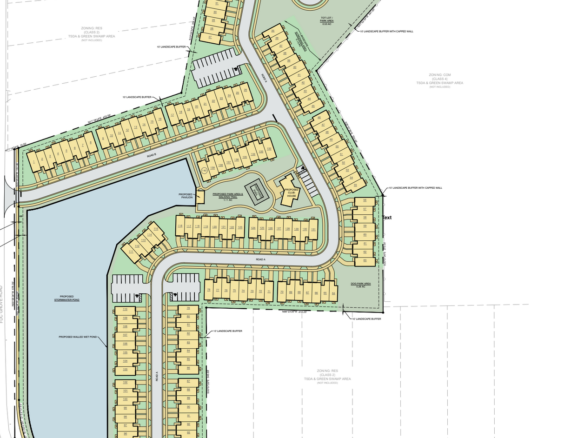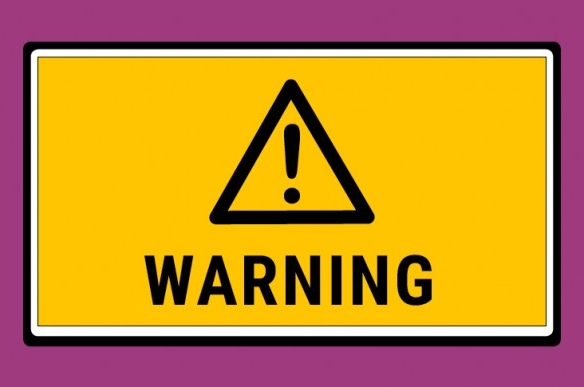Millennials and younger generations are less likely to rush into buying a house, which is why most of them prefer renting. And this is absolutely fine, as long as you deal with serious tenants who aren’t looking for trouble.
Still, for every ten reliable tenants, you will find at least one that doesn’t hold up their end of the deal. This is when you need to use the power of the law to get compensation or recover expenses incurred by the renter’s actions. When this happens, you need a solid lease agreement that clearly specifies the rights and obligations of each party.
So, to avoid having your compensation claim denied because of a stupid mistake, here are the top five to keep in mind:
#1: Skipping Proper Procedures
If you’ve been trying to lease the place for a while, you may be happy to know someone is interested in moving in. However, this doesn’t mean you should skip the proper procedures and give them the key on a superficial ID check.
First, run a background check to make sure the new tenants will be able to pay the rent and maintain the place according to your requirements. Next, put all the papers together and have them approved by the local authorities. You can now create a residential lease agreement (written and legally binding) online, in just a few minutes, so there’s no need to delay things. This way, you and your property will be protected in case of damage or improper use.
#2: Not Using Real Names
Some landlords have a standardized document between “landlord” and “tenants”, and all they require is a signature at the bottom of the page. If you administer your own rental properties, this definitely makes things easier, but it’s also a risk since this type of lease agreement won’t hold in court.
Take a few extra minutes to write the new tenants’ names and ID credentials on paper. Next, make sure they check everything and properly sign the document.
#3: Establishing the Wrong Rent Rate
It’s your property so you can set whatever rent rate you want, right?
While technically true, there are a couple of issues with setting the rent without prior research. First, you may set it too low and once the agreement is signed, there’s nothing you can do but wait for the lease to expire. Second, you may set it too high, which will drive tenants away quite rapidly. In both situations, you stand to lose money and get a bad reputation on the market.
Quick tip: If you want to increase the rent rate, learn how to add value to your home or apartment and work on improving the place before advertising the property for rental.
#4: Fail to Specify a Lease Term
You probably don’t want to lease the property on an indefinite term. If that’s the case, make sure to specify a start and end date in the lease agreement. Additionally, specify a comfortable notification period (for tenants who decide to leave) so you’ll have time to find new customers by the time the current lease expires. This way, you’ll have a constant income stream.
#5: No Consequences for Late Rent
It happens. Whether intentional or not, there will be tenants who won’t be able to pay on time. In order to protect yourself from chasing people down the street and asking them for their money, make sure to clearly specify the consequences of late payment. Also, specify a grace period and what will happen should a tenant stop paying altogether.
All these conditions are important in the situation you end up in court.
In Summary
As a landlord, you run a rental business and the tenants are your customers. Therefore, it is mandatory to follow all legal procedures and take all measures to protect all the involved parties and your property.




